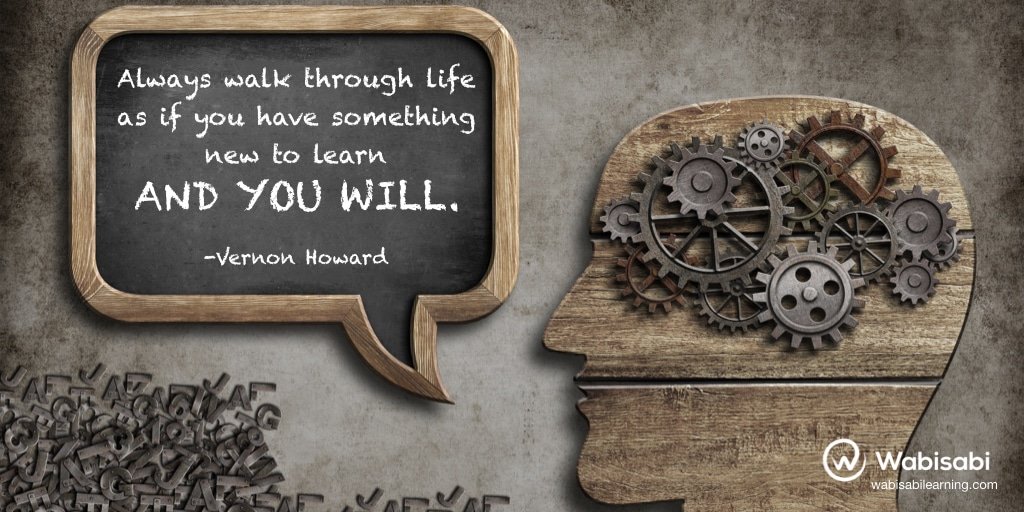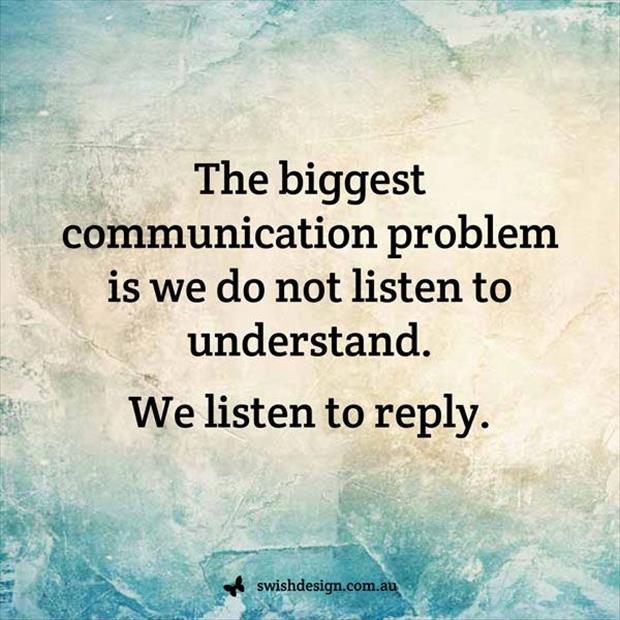|
I've had Brene' Brown's book Dare to Lead for about a year now. Finally, while Dave was on a golf trip this week, I decided to read it. She said she wanted it to be a book someone could read on a flight from L.A. to New York. I liked that notion. I've been wrestling with a couple of things in my own life (nothing major; just the normal "life" stuff) over the past year or so, as so many of us do, periodically throughout our lives. You know, things like:
*I didn't get the job I wanted *I can't get pregnant *My boyfriend left me *I got fired from my job *My child didn't get into Harvard Obviously, there are so many other life-issues that come along that seem to wreck our world for a brief (or sometimes, not-so-brief) time. While I have always had a fairly optimistic view of life and life lessons, I am still a bit shattered when things don't go as I had liked them to go. For instance, I had an amazing experience with some administrators who were working on building trusting relationships through conversations with their teachers about teaching. I am in email contact with a lovely and uber-talented high school teacher who allowed us to use her as a proverbial "guinea pig" to model how conversations about teaching should include questions that not only ask about the particular lesson being taught but more about teaching, in general. What a reflective and metacognitive teacher Meredith was. I was so impressed and so appreciative. Two days later, I was teaching some high school teachers about some innovative ways to add engagement strategies to their teaching repertoire. We were talking about how brain functioning and memory affect learning, and we played a betting game about some True/False statements about the topic. Most everyone seemed to enjoy the activity, but as a facilitator, I am able to see everyone's reactions, and I saw two teachers roll their eyes then whisper to each other. Even while I continued to teach, my mind began conjuring up the possible reasons for the eye roll...not to mention wanting to say something snarky like, "What would you do if your own students rolled their eyes while you were teaching a lesson that you had worked so hard to make engaging?" By the time I was finished teaching, I had at least a dozen reasons built up in my own mind about why these teachers didn't "like me", including: *They don't like the way I look (I got my hair cut recently, and the stylist cut it too short) *They think that people from Texas are not bright *I use chimes to get attention, and they think that is baby-ish ....and the list goes on. Now, mind you, none of these may be what the teachers were thinking. They may have just said to each other, "Can you believe those parents that came in and verbally attacked us yesterday?" and then rolled their eyes at that. But, Brene' Brown says that, somewhere in our brains, we make up stories to "fit" a situation. She even did an interview on this topic several years ago with Oprah. She talks about how we are hardwired that when something negative happens, we make up these stories to make sense (even if those stories are one-sided and worst-case scenarios) of the event. I am wondering if we aren't doing that same thing with our friends and family in the current political and cultural climate of our country right now. For example, we hear a news story and our go-to reaction is to make it "fit" our negative views of what is going on in the country/world. I am much more attuned to this than the personal affronts I feel might be happening to me. Take, for instance, someone who posts a current event on Facebook and makes a commentary (for or against, but mostly against, in my experience). Why can't the event just "be"? Why does it need a positive or negative reaction to it? Are we truly just hardwired to make that event either fit into or against our worldview? I believe so, as it seems that people tend to respond to the said Facebook post with a "rah-rah" agreement with the poster's views or an all-out attack on the poster's views. Why can't the event just "be"? Brene' Brown suggest that we make up "first drafts" of stories about events when we don't have the full information. I believe this to be completely accurate (her views fit into my worldview---see what I did there?), as most name-calling and arguing tend to happen when people don't have the full story (and, folks, this is with our family members and friends!). I've been wondering for awhile what might happen if we all made a pact to only respond to someone's posting of a current event on Facebook with a respectful "I believe...." statement. What if nobody was allowed to name call or trash another's opinions but instead were only allowed to state their own personal views on the issue (not "against" someone else's --- only their understanding of their own view)? What might happen then? My hunch is that, first of all, there would likely be fewer posts on Facebook, but those that were posted would not wind up with people being at odds with one another. We might simply leave the reading of other peoples' beliefs with "Hmmm...that is interesting; I never thought of it that way". No harm; no foul. Then, I would necessarily not need to make up stories about things which I have little information, other than hearsay. I might even be inclined to learn something new if I were willing to listen to another's opinion with the goal being to "understand" not "to be understood". Stephen Covey (2004) said, "Most people do not listen with the intent to understand; they listen with the intent to reply." Something to think about.... Happy Communicating! Shelly Brown, B. (2018). Dare to lead. Vermilion. Covey, Stephen R. The 7 Habits of Highly Effective People: Powerful Lessons in Personal Change. 25th anniversary edition. New York: Simon & Schuster, 2004.t listen with the intent to understand; they listen with the intent to people do not listen with the intent to understand; they listen with the intent to reply.”
0 Comments
 I honestly cannot count the number of times I have discussed this belief of mine with administrators and teachers, lately. Through my own consulting work with schools and districts, along with my teaching work with graduate students and doctoral students at Grand Canyon University and Walden University, I have touted this belief by carrying the proverbial flag with this saying on it. What do I mean? When I conducted my own dissertation research on what teachers value or "trust" in their own administrators, many teachers responded with statements like, "When my principal acts like he knows everything, but he honestly doesn't know a thing about my content area, it comes off as ridiculous in a post-observation conference" or "I know my principal has areas she is not strong in, but she'd never admit that to us. She wants us to think she knows everything. Well, guess what. She doesn't." Amen, and pass the peas! (Okay, don't pass the peas to me, as I have a strong dislike for them, in full disclosure). So, are we just supposed to tell everyone what we don't know, in the hope that they will say, "That's okay that they are incompetent in several areas"? While that extreme is not necessary, it sure would beat the falsehood that some administrators display in words and actions, acting like they have more answers than the teachers who they observe and coach. Instead, why not ask questions like, "What might I expect to see in this physics lesson? While physics might not be my forte', I really am looking forward to learning more about this content, myself!" I was working with a teacher the other day who talked about her lesson that I had observed. She was so brutally honest in saying, "I noticed from the observation notes you gave me that I talked WAY more than the students did, and when I did ask them questions, it seemed to me to be a back-and-forth between me and a student then me and another student." We talked about how a "soccer match format" of discussion (in which students pass the "conversation" to each other rather than simply kicking it back to the teacher) might be more effective than a ping-pong match between student and teacher, student and teacher, over and over again. I noted that I was so impressed with her ability to reflect on her own teaching, and her response was, "This is great, being able to talk about my own teaching and reflect on how to do things better. I have been teaching quite a while, but I still have a lot to learn." I told her I hope I never stop learning, as it only makes us better educators to continue the learning process. We agreed on that, for sure. My own vulnerability to honestly ask out of curiosity, "Oh wow! I've not seen that technique before. How might you use that in your own teaching?" and truly listen to the response is a way to ensure that teachers know I don't have all the answers. I love the notion of continuous learning and hope to always be able to show that vulnerability doesn't equate to weakness but instead enforces the opposite concept: that when I show that I don't know everything, people are more willing to open up about their own gaps in practice and opportunities for growth. Now, I'm going to go read more about how to work on my own questioning strategies, because I have more to learn....always! Check out one of favorite quotes ever, above. Happy Communicating, Shelly |
Shelly ArnesonCategories |



 RSS Feed
RSS Feed